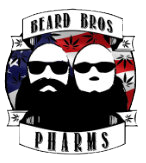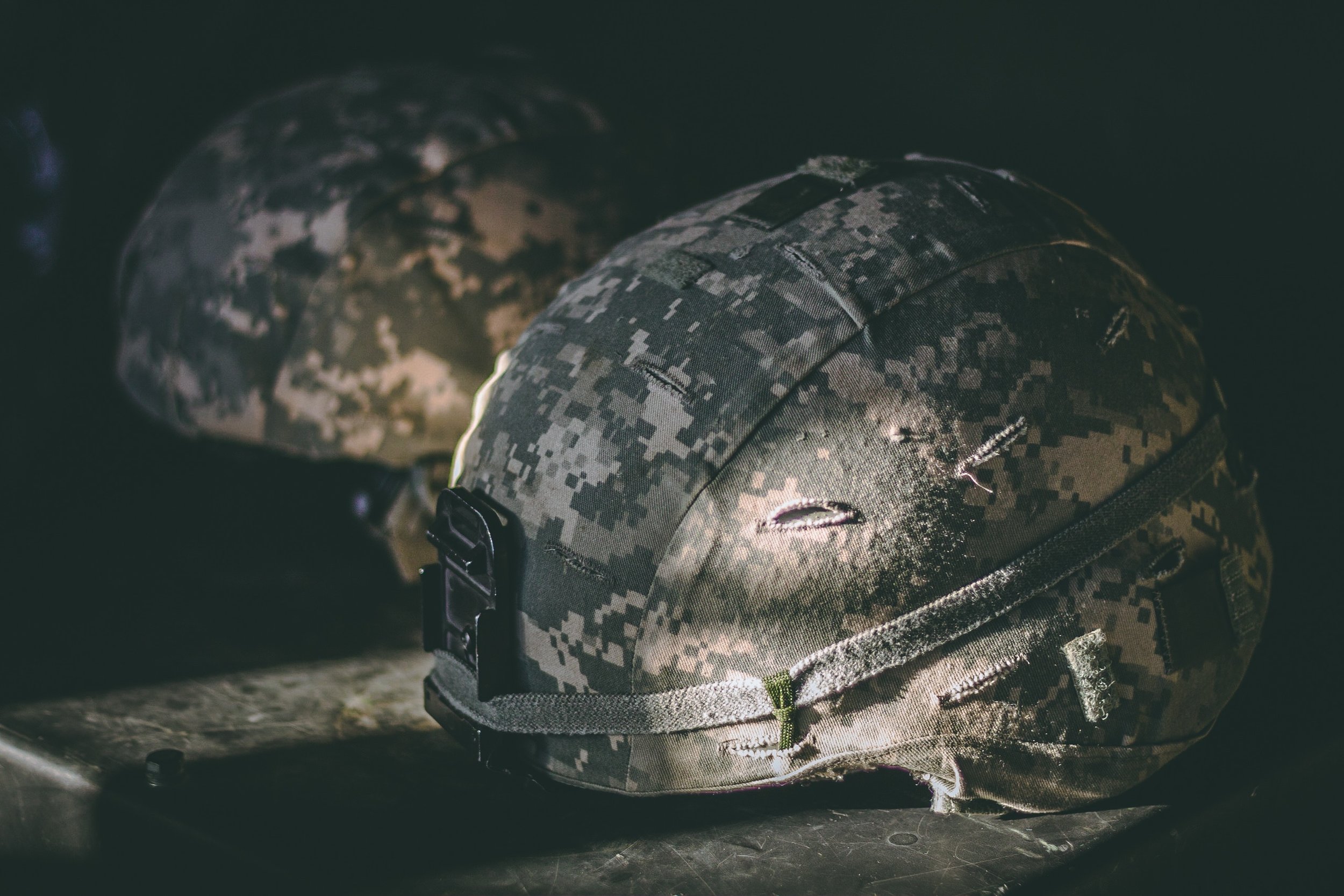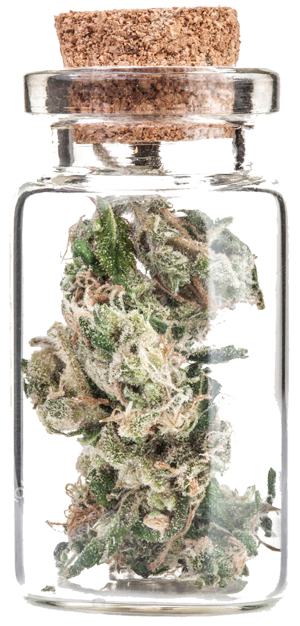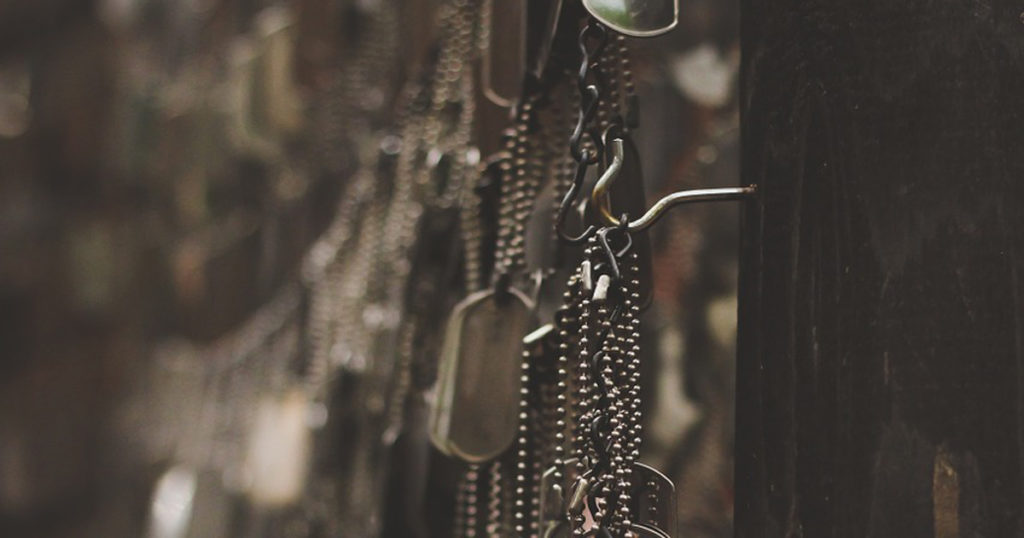 Are We Allowed To Talk About This?
Are We Allowed To Talk About This?
For years I thought I had it figured out.
Whether it was from the hard knocks I watched my mother take, my father’s brand of tough-love, or my eventual placement into foster care, as I child, several hard learned lessons stuck with me.
I learned you are on your own. I learned that no one gives a shit about you. I learned you have to look out for yourself because no one else will. Most importantly, I learned that most relationships are temporary, so it’s best not to make attachments.
These are the realities that I, and many people understand. I’m not alone.
These truths were evident most days during my 23 year-career in the Marine Corps. If perhaps my view softened when I became a mother, it hardened again after my retirement. It was during the first two years after being cut-loose from the Marine Corps when I confronted those truths once again. The Corps, as an institution, would take everything I was willing to give, and some things I was not, but it would never care about me. The constant drone about brotherhood, camaraderie, and honor failed to drown out the memories of betrayal by those I was supposed to supposed to trust with my life.
I expected transitioning from the Marine Corps to be difficult after having been willfully institutionalized for twenty-three years. But I wasn’t at all prepared for the vacuum I felt when I retired–it was as though I’d been banished from my tribe. Worse yet, I suddenly had time alone to unpack and process some of the uglier experiences I’d pushed down deep. When the worst of them came into the light, it felt like being chewed up all over again. I called it “jaded” but doctors with the Department of Veterans Affairs labeled it adjustment disorder, depression, and post traumatic stress.

In the Marine Corps, being able to cleanly snap in and out of a state of controlled rage is admirable, if not a job requirement. Years ago as a drill instructor, I was expected to turn my fury on and off in an instant, but after retirement I struggled turning it off at all. I was angry all the time, feeling disrespected at every slight, and seeing red over every little thing before swinging into bouts of panic. Triggering events became more common and managing the visceral reaction I’d get when set off became harder. I had to face the truth and admit I needed help. On the discrete advice of people who cared about me, and two government-employed therapists, I tried a new approach.
The first time I smoked cannabis after retiring from the Marine Corps I was terrified someone would find out. I had bought into the stigma that cannabis was for the lazy, unambitious, and chemically dependent. Even more, by using it now I’d be revealing myself as a classic hypocrite. Cannabis was not the only the illicit “drug” that had ended the careers of Marine friends; it had once sent my father to rehab, which in turn forced me into homelessness. Both my parents had made cannabis, amongst stronger drugs, a central part of their lives often to the detriment of their children, and although I smoked as a teenager, I often demonized it as an adult.
I had never considered cannabis for medicinal use personally–to me it all seemed recreational. Sure, I could understand how cannabis could give the munchies to a cancer patient in desperate need of nourishment. I could see it relaxing pressure in the eyes of a glaucoma patient. I even believed that cannabis had great promise helping seizure disorders, but what could I get from it other than just a high? My symptoms would just go back to normal once it wore off, right?
I believed that if I were to give in and use it, cannabis would be a temporary, selfish gratification: an escape from reality. But how was that any different than the hundreds of drunken nights I had during my career in the Corps? Back then we drank for camaraderie sure, but we also drank to forget. I drank to not dwell on my daughters growing up without me during our long separations. I drank to avoid the reality of being the subject of unit gossip. I drank to keep old demons buried and sometimes I drank specifically to visit them again. In the end, alcohol created more problems than it ever solved.

Now that I was home for good, freed from my contract and aware that I could consume cannabis without the worry of testing positive on a urinalysis, I excitedly procured some weed, then quickly hid it in the recesses of my closet were it sat for weeks without being used. When I finally got up the nerve, though, the relief was instant.
No, the world around me didn’t melt away. I didn’t float to LaLa Land nor did I get locked to the couch. I simply cooked dinner, laughed with my daughters, and enjoyed the rare quiet in my head. The jagged edges that normally set me off had softened and everyday life became navigable. Unlike when I drank, I didn’t get blackout drunk, I didn’t suffer a hangover, and I didn’t forget what had happened. I didn’t avoid my demons either. In fact, I took a good, hard look and processed them. I went back in time reanalyzing each haunting situation with wiser eyes and forgave the younger me for things I had been punishing myself over for years.
Once terrified to let anyone know I used cannabis, I’m now a fierce advocate for federal legalization. Alongside hundreds of other veteran advocates, I’m fighting to see that all who choose medicinal cannabis have safe-access and are no longer forced to break the laws they once swore to uphold.
I’m well aware of how fortunate I am that the baggage I carry isn’t heavier. My body is whole, my mind is healing, I alone am in control of my life and my future is bright. The same can’t be said for too many of my veteran sisters and brothers who are still ending their lives at an average of twenty-two a day due to the heavy burdens so many of them bear. It was the positive energy of cannabis that allowed me to shake off the baggage and the perpetual, “It’s me against the world” mentality. It was cannabis that helped me realize the larger community of support I had. I am surrounded by beautiful people who cheer, advocate for, and love me; a tribe that won’t let me go, even if I try. I am not alone any more.
You can follow Joy at here Instagram here.
Keep updated on all the latest news and updates in the Cannabis industry here at Beard Bros Pharms by signing for our Friday Sesh Newsletter here. Always Dank and Never Spam!


















